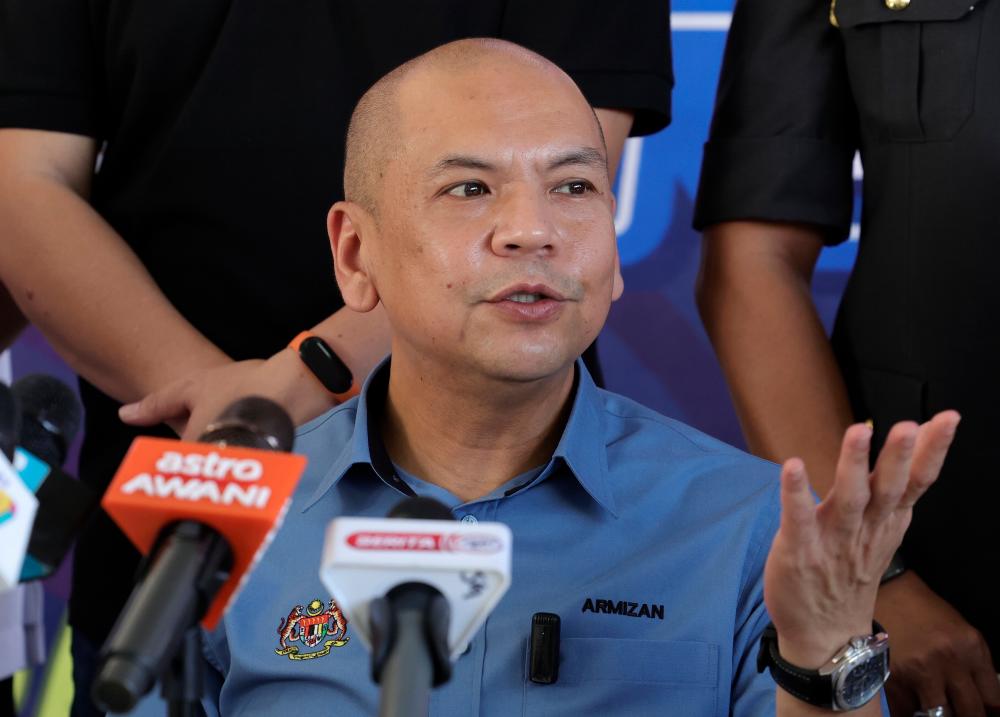TAWAU: The Domestic Trade and Cost of Living Ministry (KPDN) is currently refining the mechanism to handle misappropriation and the smuggling of controlled goods to neighbouring countries by focusing on high-risk areas involved in the price rationalisation programme and those near the border.
Its minister Datuk Armizan Mohd Ali said the micro-managed mechanism would be implemented gradually, with Pulau Sebatik leading the way as it is an area bordering a neighbouring country, and it can later be expanded to other similarly high-risk areas.
“We have data on the total needs; we want to obtain a list of household contents, and the names of these households will be placed at sales centres. At least, when they take goods, consumers also know that they have a limit on the supplies they can get, so KPDN can check records.
“For the household data, KPDN hopes for the cooperation of local leaders, elected representatives can help with this, so they (sales centres) can identify them to curb smuggling,” he told reporters after an official working visit to Pulau Sebatik here today.
Through the price rationalisation programme, he said the government spends RM1.6 million annually to send controlled goods such as diesel, RON95 petrol, liquefied petroleum gas (LPG), cooking oil, white rice, coarse-filtered white sugar, and wheat flour to the Sebatik Zone, benefiting the residents.
Meanwhile, Armizan said among the improvements that KPDN will implement this year include referring to the Department of Statistics Malaysia (DOSM) to estimate the household needs in a particular area to determine the quantity of supplies.
“At the same time, the distribution and sales reporting system need to be strengthened to ensure that supplies reach and benefit the target groups.
“A more detailed mechanism should be considered for high-risk areas of leakage, such as Pulau Sebatik, which is a border area. This includes obtaining the cooperation of local administrative bodies,“ he said.
He said last year, KPDN implemented improvements to address leakages in controlled goods to neighbouring countries by conducting open tender procurement processes compared to the previous direct negotiation appointment process.
“We hope these improvements can curb smuggling, as the total nationwide subsidies borne by the government last year for diesel were RM14 billion and RM20 billion for petrol. This amount could be used for good infrastructure development, especially for Sabah and Sarawak,” he said. - Bernama









